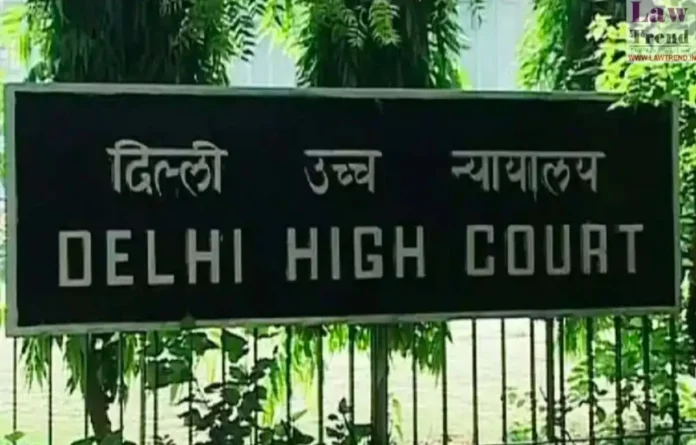The Delhi High Court has ruled that WhatsApp and email communications can form a valid arbitration agreement, even in the absence of a formally signed contract, provided the intention to arbitrate is clearly documented in the exchanges between the parties.
Justice Jasmeet Singh, interpreting Section 7(4)(b) of the Arbitration and Conciliation Act, 1996, held that a valid arbitration agreement existed between Belvedere Resources DMCC and SM Niryat (now merged with OCL Iron and Steel Ltd) based on their exchange of messages and emails.
“The arbitration agreement was contained in the exchange of email and WhatsApp communications between the parties, and hence, there is an existence of a valid arbitration agreement,” the Court stated.
Background of the Dispute
The case stemmed from a commercial transaction initiated in September 2022. Negotiations between Belvedere and SM Niryat took place over email and WhatsApp, with terms of the agreement being shared by October 2022. However, on November 15, 2022, SM Niryat abruptly cancelled the deal without making the agreed advance payment.
Subsequently, Belvedere invoked arbitration before the Singapore International Arbitration Centre (SIAC) and filed a petition under Section 9 of the Arbitration Act seeking interim relief by securing its claim of $2.77 million (approximately ₹23.34 crore) from OCL and its subsidiaries.
The respondents challenged the maintainability of the petition, arguing that no formal arbitration agreement existed and that the Delhi High Court lacked territorial jurisdiction.
Court’s Observations
Justice Singh rejected the contention that a signed agreement was mandatory, stating that Section 7(4)(b) recognises arbitration agreements based on written communication, including emails and messages, if they show mutual consent to arbitrate.
“Section 7(4)(b) dispenses with the conventional sense of an agreement as a document with signatories… The act of agreeing has to be inferred from relevant documents and communication,” the Court said, reaffirming that consent to arbitrate can be validly recorded outside traditional contracts.
Despite affirming the existence of an arbitration agreement, the Court dismissed the petition on the ground of lack of territorial jurisdiction. It noted that the transaction was negotiated and repudiated at OCL’s Kolkata office, and that the presence of a Delhi branch was insufficient to invoke the Delhi High Court’s jurisdiction.
The Court also rejected Belvedere’s claim that the presence of assets in Delhi could justify territorial jurisdiction for interim relief under Section 9, stating that such considerations apply at the stage of execution of arbitral awards, not during pre-award proceedings.
Attention all law students!
Are you tired of missing out on internship, job opportunities and law notes?
Well, fear no more! With 1+ lakhs students already on board, you don’t want to be left behind. Be a part of the biggest legal community around!
Join our WhatsApp Groups (Click Here) and Telegram Channel (Click Here) and get instant notifications.


